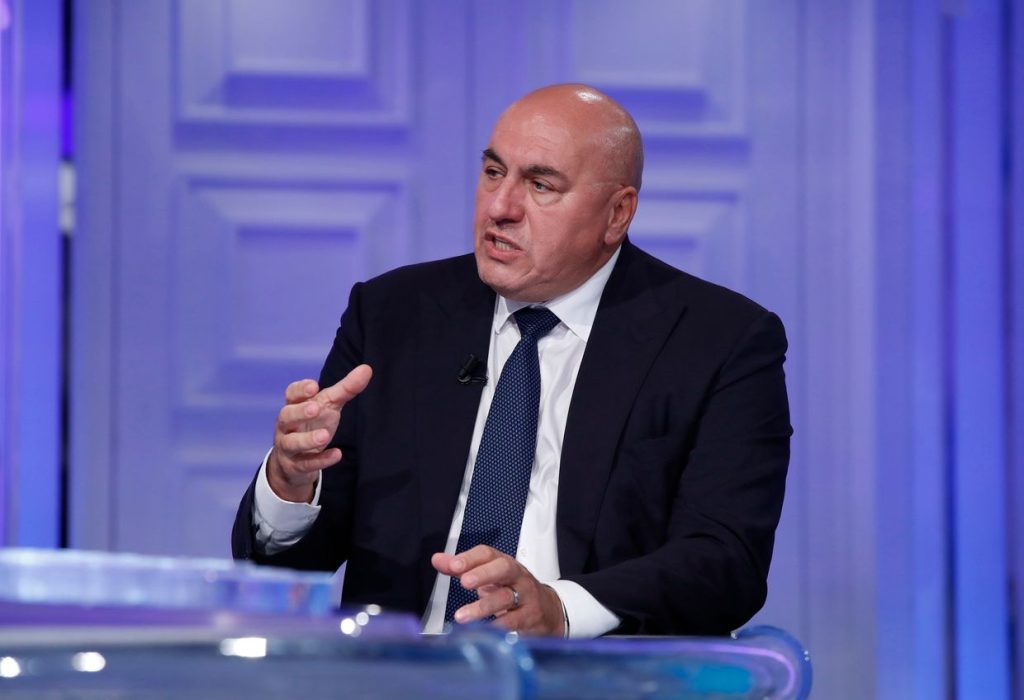Italian Defense Minister Guido Crosetto was hospitalized on May 21 after falling ill during a meeting of the Italian Supreme Defense Council. He was taken to San Carlo di Nancy hospital in Rome after experiencing chest pains. Crosetto, 60, had previously been hospitalized in February for suspected pericarditis after suffering severe chest pains. Pericarditis is the inflammation of the lining around the heart that causes chest pain. Updates on his condition were not immediately available at the time of the report.
Following news of his hospitalization, various Italian politicians sent their well wishes to Crosetto for a speedy recovery on social media. Deputy Prime Minister Matteo Salvini expressed his support with a message of encouragement. In addition to his recent health issues, Crosetto made headlines for ruling out sending troops to Ukraine in an interview with an Italian newspaper. He stated that discussions about sending troops to Ukraine would only serve to increase tensions in the region. This stance differs from the actions of other countries that have shown support for Ukraine in its conflict with Russia.
The situation in Ukraine has been a topic of international concern as tensions between Ukraine and Russia continue to escalate. Various world leaders have expressed their support for Ukraine, while others have taken a more cautious approach. Italy, under the leadership of Defense Minister Guido Crosetto, has chosen not to send troops to Ukraine, citing concerns about escalating tensions. The decision has sparked debate within Italy and among its allies about the best approach to support Ukraine in its conflict with Russia.
The Italian government has faced criticism for its decision not to send troops to Ukraine, with some arguing that more support is needed for Ukraine in its struggle against Russian aggression. However, others have supported Crosetto’s stance, emphasizing the importance of avoiding actions that could further inflame the situation. The conflict in Ukraine remains a complex and sensitive issue, with various countries navigating their roles and responses carefully to prevent further escalation. As the situation continues to evolve, discussions about the best course of action will likely continue among the international community.
In the midst of these discussions, the health of Italian Defense Minister Guido Crosetto remains a concern. His recent hospitalization for chest pains adds another layer of complexity to the situation, as Italy grapples with both domestic and international challenges. The well wishes from Italian politicians and the public demonstrate the importance of supporting Crosetto during this difficult time. As he recovers, the Italian government will continue to address the ongoing crisis in Ukraine and navigate its role in the international response. The future of Italy’s involvement in the conflict remains uncertain, but the country’s leaders will undoubtedly continue to prioritize stability and peace in the region.


